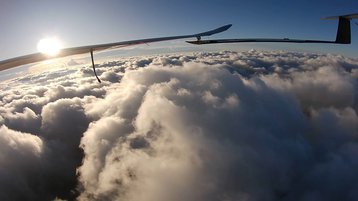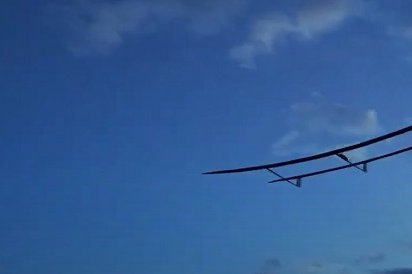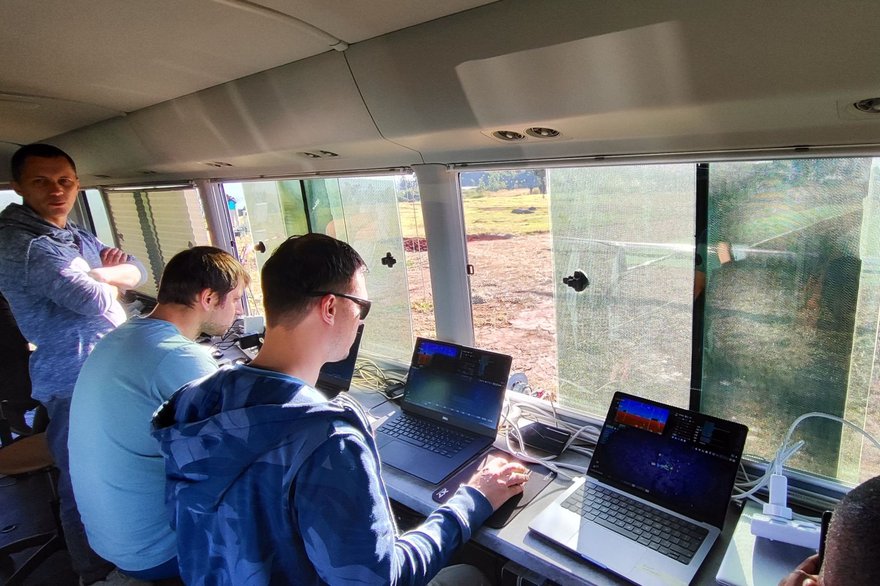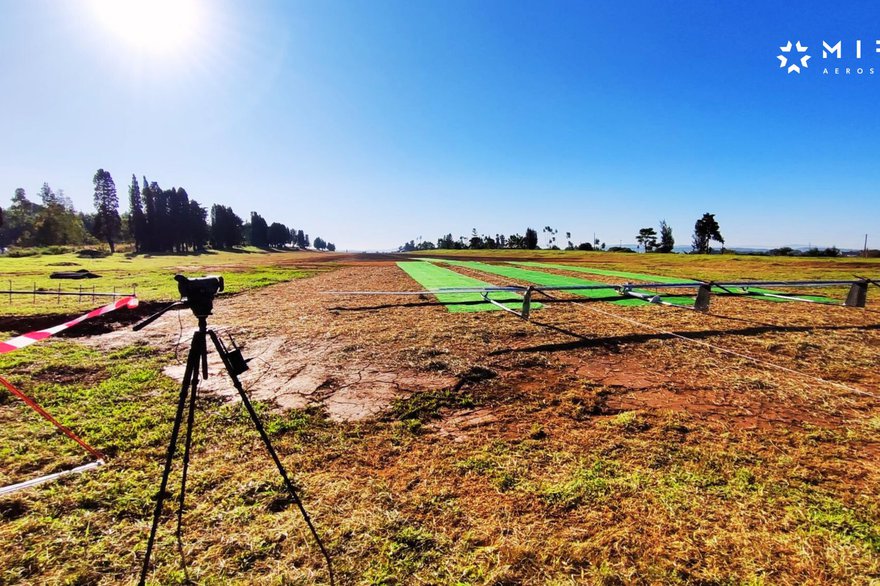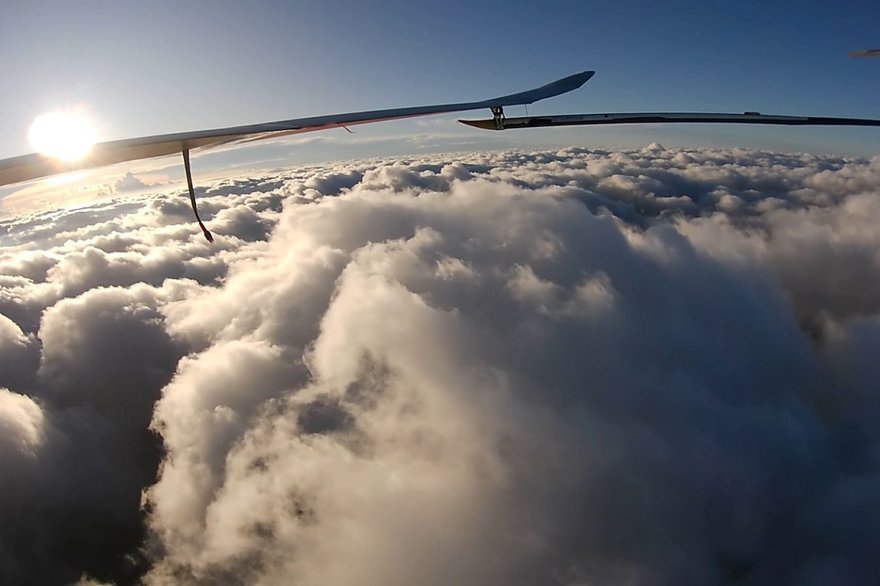Mira Aerospace has completed a test flight of its new high altitude pseudo satellite (HAPS) platform.
The company, a joint venture of UAVOS and Bayanat, this week announced it had successfully completed a test flight of its ApusDuo Solar Aircraft at the Huye Aerodrome in Rwanda.
During the 10-and-a-half-hour test flight with a 3.6kg payload, the ApusDuo UAS reached altitudes of 16,686m. The flight took place in early June.
California-based UAVOS is a developer and manufacturer of advanced unmanned systems. The company said its avionics system demonstrated stable performance in extreme temperatures of minus 68 degrees centigrade.
“We’re extremely pleased about the successful completion of the next test range,” said Vadim Tarasov, board member, Mira Aerospace. “Based on our experience and learnings from these tests, we feel there are even greater possibilities for the HAPS business. The Mira Aerospace team will continue to work toward our ultimate goal of bridging the world’s digital divide and revolutionizing mobile connectivity by leveraging the HAPS platform.”
UAVOS is developing the ApusDuo platform. The company said it will be able to operate in the stratosphere at an average altitude of 59,000 feet/18 kilometers. The ApsDuo HAPS has a wingspan of 15 m (49.2 ft) and a maximum take-off weight of 95lb (43kg). For the test flight, Mira had to construct three temporary runways for takeoff and landing, using artificial grass.
HAPS – whether they be airships, balloons, or fixed-wing drones – offer a way to provide connectivity to rural and unconnected areas from high altitudes without the upfront costs of cell towers or satellites or the need for specialist receivers.
Mira said it plans to commercialize this technology by 2025. Its platforms will be able to provide services in connectivity, Earth observation, weather, security, and emergency disaster management.
Part of G42, Bayanat offers applications, services, and components for satellites and aviation including surveying, geospatial, and earth observation data analysis as well as satellite radars.
Other players in the HAPS space include SoftBank, BAE, Airbus, Avealto, and Stratospheric Platforms.

